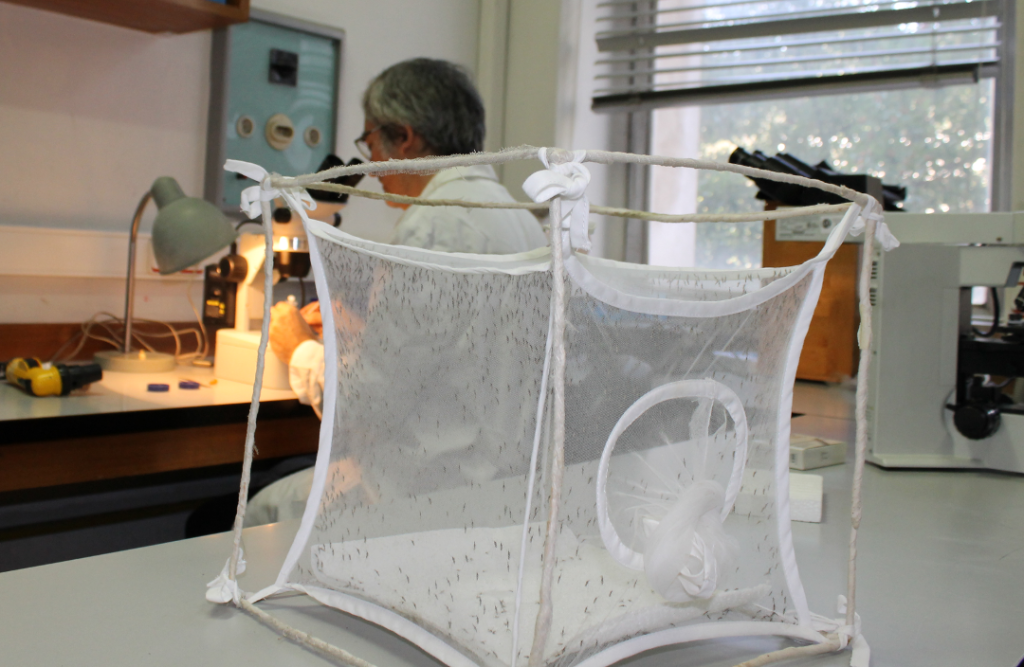The GHTM Scientific Coordinator, Henrique Silveira, integrated Kanazawa University team researchers that surprised scientific community showing that inactivation of the mosquito salivary protein AAPP affects feeding on host blood, thus significantly reducing mosquito fitness characteristics.
In this study transgenic mosquitos showed significantly longer probing and prediuresis times, and worse feeding success and meal sizes compared with their wild-type counterparts. Although malarial parasite development was unaffected by these behavioral changes in a laboratory setting, real-world stresses associated with parasite burdens would be expected to adversely affect the survival of transgenic mosquitos.
For more information see the link Kanazawa University and EurekAlert.
